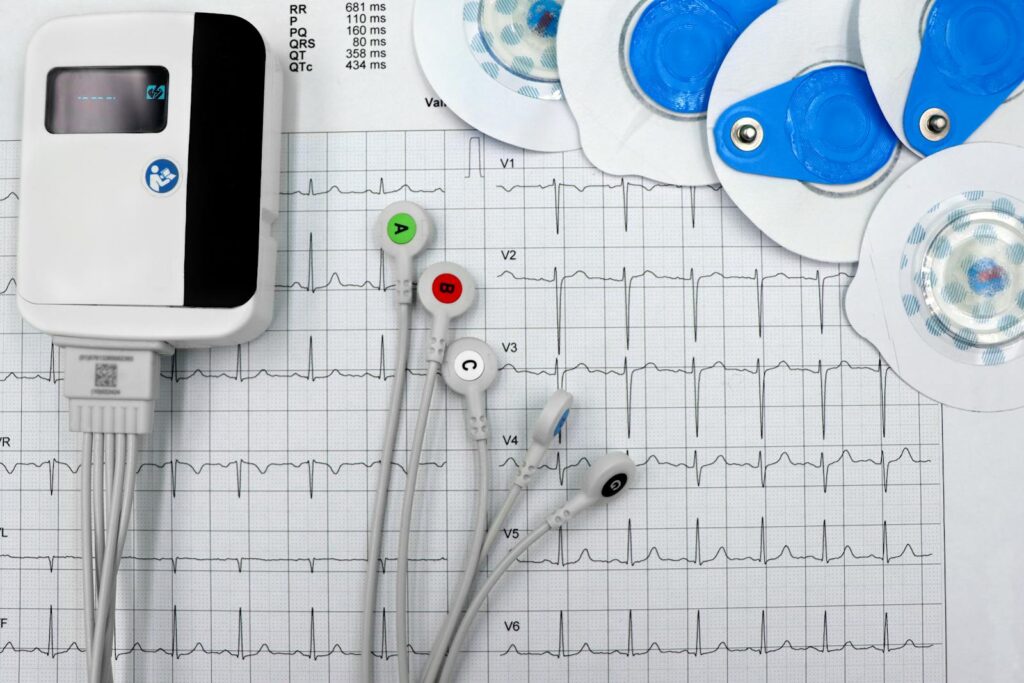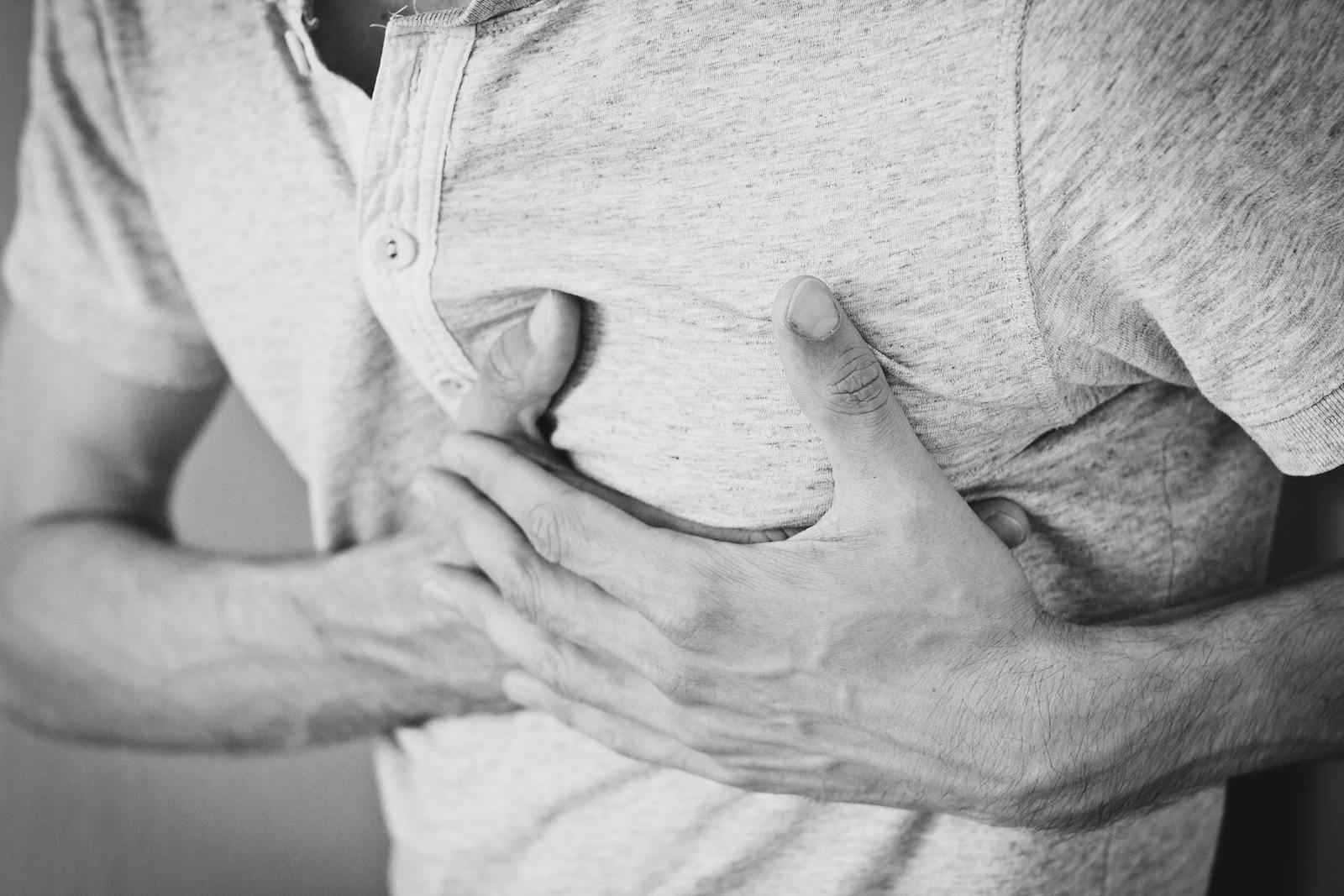A heart attack doesn’t always come with sudden, intense chest pain. Many people experience silent heart attack symptoms that are subtle and easy to dismiss. Recognizing these warning signs early can mean the difference between life and death.
In this article, we’ll explore the silent signs of a heart attack, why they often go unnoticed, and what you should do if you experience them.
What is a Silent Heart Attack?
A silent heart attack, also known as a silent myocardial infarction (SMI), occurs when the heart doesn’t get enough oxygen-rich blood due to a blockage in the arteries. Unlike a classic heart attack, silent heart attacks may not cause obvious symptoms, making them more dangerous because they often go undiagnosed until it’s too late.
Who is at Risk for a Silent Heart Attack?
Anyone can experience a silent heart attack, but the risk is higher in people who:
✔️ Have high blood pressure or high cholesterol
✔️ Have diabetes (nerve damage may reduce pain sensation)
✔️ Are overweight or obese
✔️ Smoke or have a sedentary lifestyle
✔️ Have a family history of heart disease
✔️ Experience chronic stress or poor sleep quality
Silent Signs of a Heart Attack
Silent heart attack symptoms are often mistaken for minor health issues. Here are key warning signs you should never ignore:
1. Unusual Fatigue
- Feeling extremely tired for no clear reason
- Weakness or exhaustion after simple activities
- Persistent fatigue that lasts for days or weeks
🔍 Why it matters:
A lack of oxygen-rich blood flowing to the heart can cause fatigue, especially in women.
2. Shortness of Breath
- Difficulty breathing with minimal exertion
- Feeling like you can’t catch your breath, even when resting
- Waking up gasping for air
🔍 Why it matters:
Shortness of breath often occurs when the heart struggles to pump blood effectively.
3. Discomfort in the Chest, Arms, or Upper Body
- Mild pressure, squeezing, or aching in the chest (not always severe pain)
- Discomfort in the arms, shoulders, neck, jaw, or upper back
- A sensation that comes and goes, rather than constant pain
🔍 Why it matters:
Heart attack discomfort isn’t always sharp pain—it can be mild or mistaken for muscle strain.
4. Nausea, Indigestion, or Stomach Pain
- Feeling bloated, nauseous, or like you have heartburn
- Vomiting or an upset stomach without a clear cause
- A sensation similar to acid reflux
🔍 Why it matters:
Many people mistake heart attack symptoms for digestive issues, especially women.
5. Dizziness or Lightheadedness
- Feeling unsteady or faint
- Sudden dizziness when standing up or moving
- Cold sweats and clamminess
🔍 Why it matters:
Reduced blood flow to the brain can cause these symptoms, signaling a heart issue.
6. Silent Heart Attack Symptoms in Women
Women often experience different or milder symptoms than men, making silent heart attacks harder to recognize. Key warning signs in women include:
✔️ Unexplained anxiety or a feeling of doom
✔️ Pain in the jaw, neck, or back
✔️ Severe fatigue, even after resting

What to Do If You Notice These Symptoms
🚨 Act Fast! Don’t Wait for Intense Pain.
If you experience any of these silent signs—especially multiple symptoms at once—seek medical attention immediately. Call 911 or your local emergency number.
Why Quick Action is Critical
- Delaying treatment increases the risk of heart damage.
- Many silent heart attack victims only realize they had one after a doctor’s exam.
- Early detection can prevent a second, more severe heart attac
How to Reduce Your Heart Attack Risk
The best way to prevent a heart attack—silent or otherwise—is to prioritize heart health.
💚 Key Prevention Tips:
✅ Eat a heart-healthy diet (rich in leafy greens, nuts, and omega-3s)
✅ Stay active with at least 150 minutes of exercise per week
✅ Maintain a healthy weight and control blood pressure
✅ Quit smoking and limit alcohol consumption
✅ Manage stress through meditation, deep breathing, and sleep
🔹 Bonus: Consider natural heart-supporting supplements like CoQ10, magnesium, and omega-3 fatty acids to enhance cardiovascular health.
Final Thoughts
Silent heart attacks are more common than you think and can be just as deadly as traditional heart attacks. Knowing the early warning signs could save your life or the life of a loved one.
📌 Take Action Today: If you suspect you’ve had a silent heart attack, schedule a check-up with your doctor. Prevention and early detection are the best ways to protect your heart!
Would you like me to include internal links to supplement recommendations or heart-health resources on your blog? 🚀
Remember, you don’t need to overhaul your diet overnight. Start with small, manageable changes—like swapping white bread for whole grain or adding an extra serving of veggies to your dinner plate.
Complement your heart-healthy diet with supplements like CardioForLife Powder to fill in any nutritional gaps and support overall cardiovascular health.




